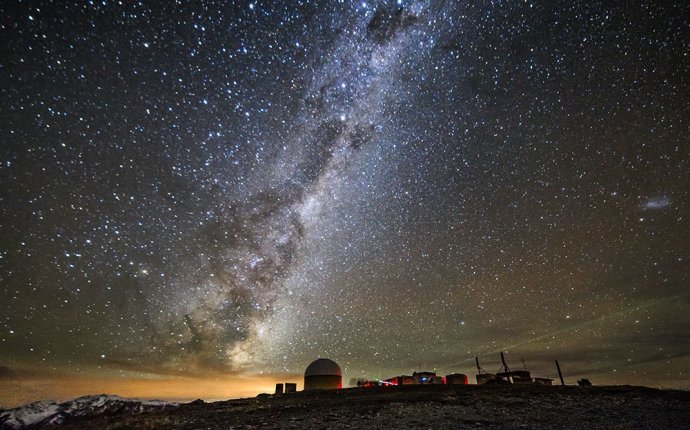
Astronomy Qualifications
 Astronomers study the stars.
Astronomers study the stars.
Comstock/Comstock/Getty Images
Astronomers study the universe to find out where we came from and where we may be going. An astronomer may study stars, planets and other matter in space; he may study light and its functions; or he may study atoms and their composition. Astronomers spend time doing research, writing reports, hypothesizing based on the information they discover and testing hypotheses. To engage in this interesting work, prospective astronomers must first meet certain educational requirements.
Undergraduate Education
Individuals aspiring to be an astronomer must acquire a bachelor’s degree, typically in physics, astronomy, astrophysics or a related field. A bachelor's degree in astronomy includes courses in physics, astronomy, calculus, algebra and statistics. Graduates with an astronomy degree may qualify for positions as technicians or research assistants.
Graduate Education
A student may earn a post-graduate degree in astronomy in one of two ways. She may obtain a master’s degree and be qualified to teach astronomy in middle school or high school. She may also qualify for a job in applied research and development in the manufacturing or medical field. A student may also obtain a Ph.D., which increases the eligibility for a basic research position. Earning a Ph.D., which takes from five to seven years, affords the student the greatest chance of finding work. Most universities will only consider hiring candidates who hold this credential. Ph.D. holders may find work with the U.S. government or the private sector in research fields.
Training
After graduation, most astronomy Ph.D. holders begin their career with a post-doctoral research position at colleges, universities and other institutions, according to the American Astronomical Society. These positions typically last two to three years, according to the bureau. Here he works with experienced scientists to learn the finer aspects of his field. Initially, experienced scientists closely monitor his work, but as he gains deeper understanding, the new scientist conducts his work with less supervision.
Specific Skills
Astronomers must possess skills relating to analytical thinking, critical thinking, problem solving, speaking and writing. Astronomers must solve complex equations, develop working theories, and convey this information verbally and in written reports . He must work with colleagues, who may be working on various aspects of the same project, to cultivate new ideas or make discoveries.











